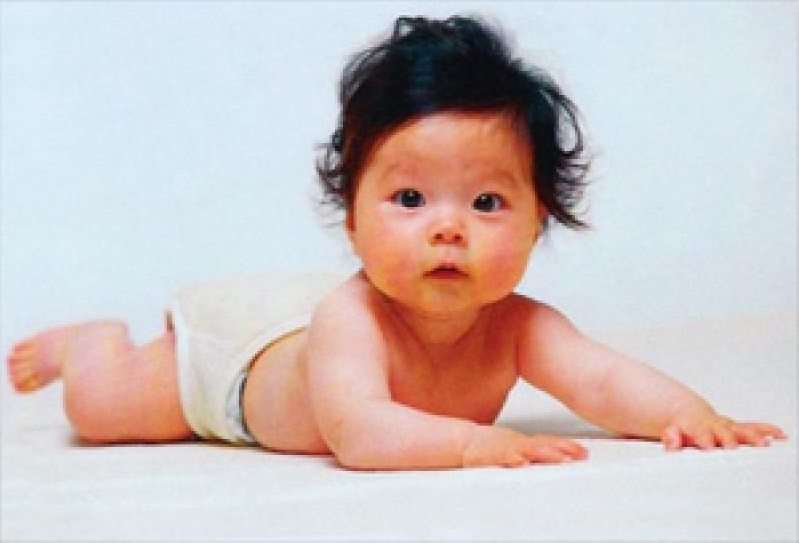
The People's Republic of China relaxed its one-child policy on November 15 to allow married couples with at least one parent who is an only child to apply for two birth permits. The law had formerly only made exception for certain rural families and for couples with both parents who are only children.
China adopted the one-child policy in 1979 in an attempt to "alleviate social, economic, and environmental problems" in the country. The Chinese government had previously encouraged its citizens to have as many children as possible, which lead to the rapid expansion of its population; in a span of forty years, the population nearly doubled. After the policy was instated, however, the Chinese government required birth permits for married couples and allowed them to have a single child, with few exceptions.
Large monetary fines were put into place for violation of the law, and high rates of forced abortions and female infanticide ensued. The law also led to an imbalanced proportion of males to females in the population, and it is estimated that there will be more than 30 million males than females in the country by 2020. The policy has caused many additional socio-economic problems, like pension and healthcare system strains and a diminishing workforce.
According to Wikipedia, the one-child policy originally made exception for rural families (if the first child was either a girl or was deformed in some way) and for families where both parents were only children. The changes to the policy allow married couples to apply for two birth permits if at least one parent is an only child, according to the Washington Times. Eligible couples might, however, be subject to mandatory birth intervals if too many people in their community are eligible for two birth permits. This means that married women who are eligible to have another child but become pregnant at an "inopportune time" may be forced to have an abortion.
While IBTimes estimates that between two and three billion more children will be born annually because of the recent legislation, China's one-child policy is still largely in force.







